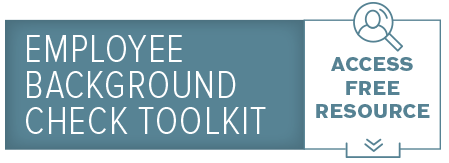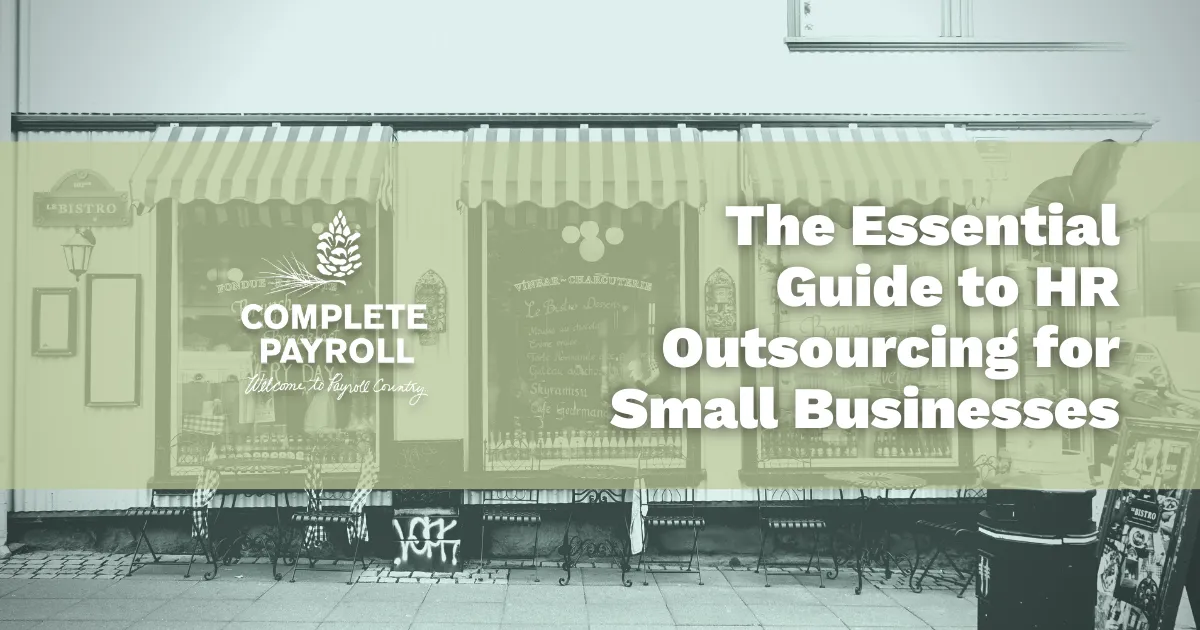What to Consider Before Conducting Drug Tests On Your Employees
Written by Guest Contributor


Drug screening has now become an important tool for promoting a safe working environment. Be it absenteeism, low employee productivity, potential liabilities or healthcare costs, drug screening can help bring about a positive change within a few months. Make sure your drug screening policy meets all federal and state requirements for drug testing.
Here in this post, we’re listing out four most important considerations for administering a drug screening program:
Employee Drug Testing Consideration #1: How Often Should You Conduct Drug Tests On Your Employees?
The overall effectiveness of your drug testing policy will largely depend on how frequently you conduct drug tests on your employees. Some businesses may need to conduct drug tests more frequently than others.
- Pre-employment drug testing: You can test a candidate, once an offer of employment has been made. In some states, businesses are legally required to make an offer of employment before a drug test is carried out on a candidate. Make sure the policy is consistent. Businesses shouldn’t be selective in drug testing certain individuals for the same position.
- Random drug testing: Such drug tests can be conducted without any advance notice at any time of the year. Make sure the selection process is completely random. You can use a software program to generate a random set. In some states, businesses are required to engage a third-party for random selection of employees for drug testing.
- Incident based drug testing: In case your organization employs people in safety-sensitive positions regulated by the government, you may be required to carry out post-accident testing. If the state law permits, an employee in the event of a fatality or accident should be drug tested within 24-32 hours. In some states such as in San Francisco, post-accident drug testing is illegal.
- Regular drug testing: You may drug test employees once every month, six months or a year.
An organization may also want to have a policy of drug screening employees on the basis of reasonable suspicion.
Employee Drug Testing Consideration #2: Which Drug Testing Method Will You Adopt?
Different drug testing methods vary in cost and accuracy. Testing urine samples, for example, is cheaper in comparison to testing a hair sample.
Certain drug-testing methods may also be illegal in some states. For example, oral fluid or blood testing is illegal in many states (consider learning more about your local government laws regarding regulations and practices of workplace drug testing).
You will also need to decide on the type of substance (alcohol, cocaine, marijuana, etc.) that you want a drug test to detect. There are mutlple drug tests and some are meant to detect different illicit drugs, alcohol, tobacco, etc.
While a credible drug testing kit supplier will patiently study your unique requirements and advise on the best possible drug testing methods for your organization, it is important that you understand the various options available and applicable state laws concerning drug testing.
Employee Drug Testing Consideration #3: How to Inspire Employees to Create a Drug-Free Workplace?
The fundamental objective of drug testing employees is to promote a drug-free workplace. Therefore, your HR department needs to devise strategies for making employees see drug screening in a positive light. Listed below are some useful tips:
- Create a drug-free workplace policy; it should be easy to understand and free from any technical jargon. The policy should clearly state what’s expected from the employees. There should be no ambiguities on how a test positive employee would be dealt with or what happens in case an employee is found faking the test.
- Conduct monthly sessions on the benefits and necessity of drug testing; the objective is to make employees understand and respect the drug testing policy of the organization.
- Make sure your employees understand the entire drug testing process and its key objectives.
- Allow a minimum of one month between implementation and enforcement of your company’s new drug testing policy; some states may require a longer time frame before an organization enforces drug testing policy on its employees.
Employee Drug Testing Consideration #4: What Happens When Some Employees Fail the Drug Test?
As you proceed with drug testing, some employees are likely to test positive. Your organization needs to have a clear policy on how to deal with test positive employees. While some may recommend a zero-tolerance policy and terminate employees who fail drug tests, others may devise an employee assistance program to keep valuable talent.
In some states, employers can legally fire employees who fail drug tests. In the case of ‘second-chance’ states, businesses are required to provide employee assistance programs. Typically, test positive employees who participate in such programs are offered to counsel and need to later pass the drug test.
Keep in mind that marijuana laws in the United States are continually evolving. It is advisable to have a good understanding of rules for drug testing in medical marijuana states. Make sure your company-wide drug testing policy adheres to the applicable state laws.
This guest article was submitted by Leon Reingold, the Editor-in-Chief at Drugtestsinbulk.com, a nationwide supplier of drug and alcohol testing products online.



















